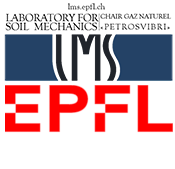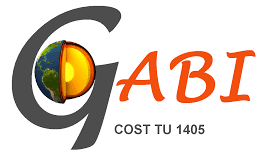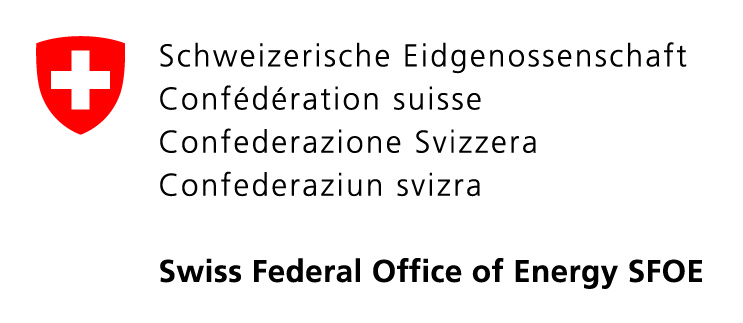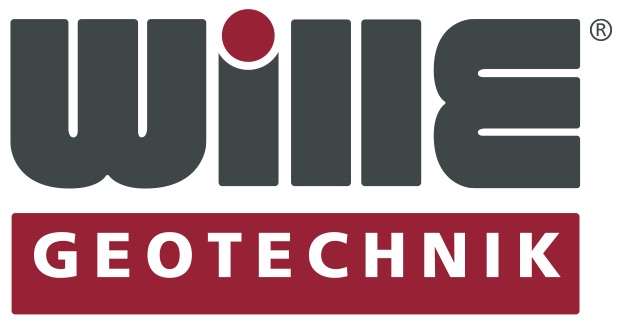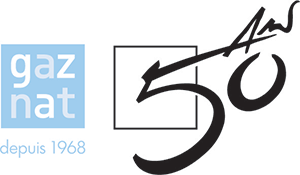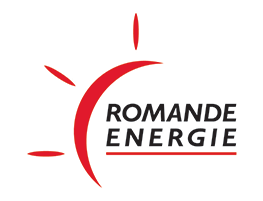COST Action TU 1405 – GABI Short Course
How to plan a successful thermoactive geostructure design?
Overview
Despite the significant number of operating thermo-active geostructures in Europe, the development of specific design rules and dimensioning approaches has been slow. 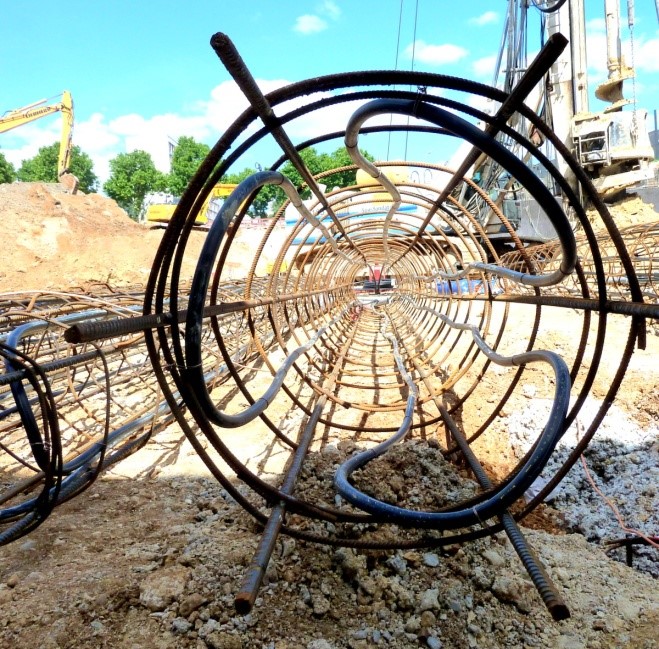 Attempts to provide a set of recommendations for piles, diaphragm walls and tunnels subjected to temperature variations were carried out starting in 2005 in Switzerland, Germany, United Kingdom and France. However, most of this documentation provides only general indications and does not allow the adoption of this technology across Europe for a wider range of projects.
Attempts to provide a set of recommendations for piles, diaphragm walls and tunnels subjected to temperature variations were carried out starting in 2005 in Switzerland, Germany, United Kingdom and France. However, most of this documentation provides only general indications and does not allow the adoption of this technology across Europe for a wider range of projects.
This short course, organised by the COST Action TU 1405 GABI (Geothermal Applications for building and infrastructures), aims to synthesize research and practice-based knowledge from across national and disciplinary boundaries in order develop a better understanding and more a widespread use of this technology.
The course will take place on Monday, September 24th, the day before the start of the Symposium. The required supplement to attend the short course varies depending on your registration type and period. Please see the registration fees below.
Target Audience
The course will be valuable for civil engineers and urban project managers who have no experience with thermoactive practices as well as for those who have been already involved in a project including thermoactive geostructures.
Instructors – S. Burlon, IFSTTAR, France – S. Javed, Lund University, Sweden – A. Michopoulos, Cyprus University of Technology, Cyprus – D. Pahud, School of Management and Engineering, Vaud, Switzerland – A. Rotta Loria, EPFL, Switzerland
Program
9.00-9.20 Registration – Welcome
9.20-9.30 Introduction – Main steps for the design of a thermoactive geostructure (S. Burlon)
9.30-10.45 Thermal design (energy piles and diaphragm walls) (D. Pahud)
10.45-11.00 Coffee break
11.00-12.30 Legal issues – Building energy demand – Heat pumps (A. Michopoulos)
12.30-14.00 Lunch
14.00-15.15 How to measure THM ground properties ground properties (laboratoy and in situ tests)? (S. Javed & S. Burlon)
15.15-15.30 Coffee break
15.30-17.15 Mechanical design (energy piles, diaphragm walls, and tunnels) (A. Rotta Loria, L. Laloui & S. Burlon)
17.15-17.45 Execution and monitoring (S. Burlon)
17.45-18.00 Discussions – Conclusions
Practical Information
Dates and schedule Monday, September 24th, 2018, 9.00 AM – 6.00 PM
Course venue EPFL, Lausanne, Switzerland
The short-course will take place at the Swiss Federal Institute of Technology in Lausanne (EPFL), in the Civil Engineering building (GC building). The room reserved for this event is the GC B1 10 (see plan view below).
The EPFL can be reached from the centre of Lausanne by metro via the line 1, direction Renens Gare from Lausanne Flon, whereas direction Lausanne Flon from Renens gare. The estimated time to arrive at the EPFL metro stop from either way is approximately 20 minutes. The room where the event will take place can be reached through a 5-minute walk from the metro station via either of the following ways highlighted in red.
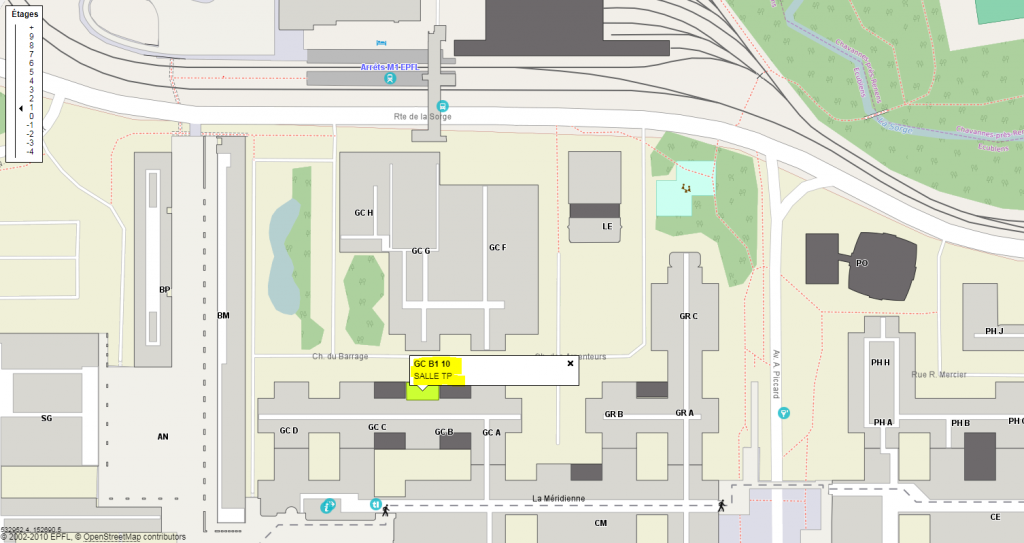
Course fees – Early bird registration for students – 90 CHF – Early bird registration for delegates – 150 CHF – Full registration for students – 120 CHF – Full registration for delegates – 200 CHF
The course fee includes: – Course material – Lunch and 2 coffee breaks
Certificate of completion A certificate of completion will be provided at the end of the course.

